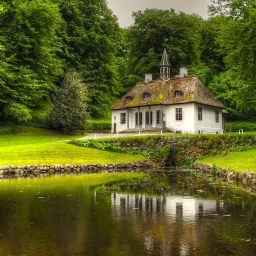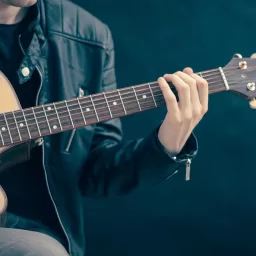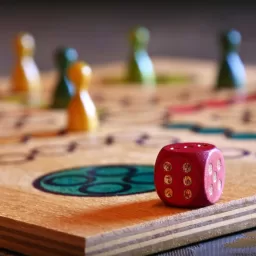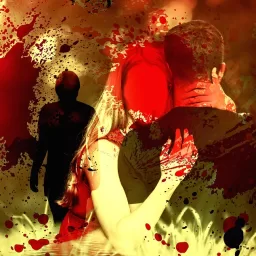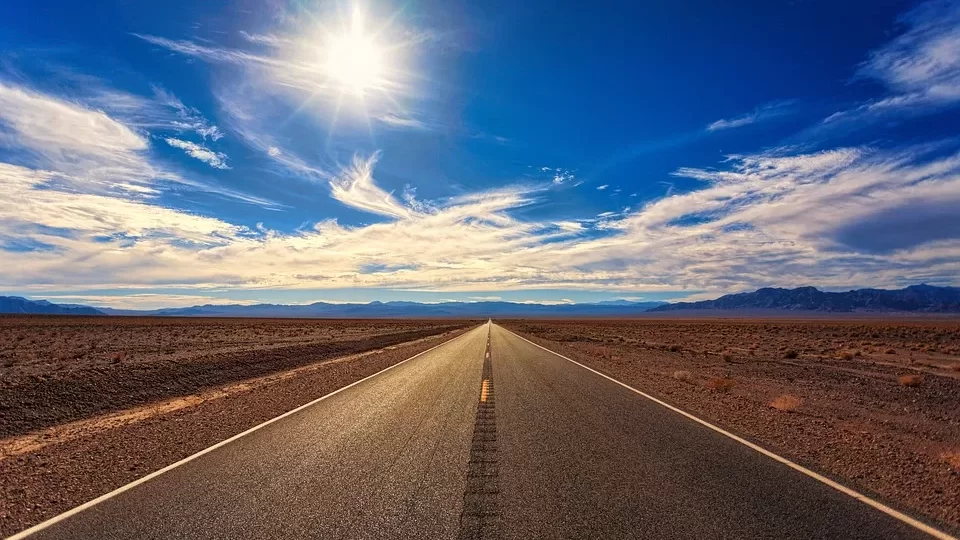
California’s Last Dry Town
The coastal town was proud of its prohibition against alcohol. The town was origi-nally founded as a religious retreat for Methodists wanting to become closer to God by living and worshiping in the beautiful forest that He had created.
At the Howard Street Methodist Episcopal Church in San Francisco on June 1, 1875, a group of people held the first meeting of the Pacific Grove Retreat Association.
Among the major concerns of the group was the sale of intoxicants. The blue laws, often referred to as the “Rules by the Founding Fathers,” dealt with some rather diverse subjects.
They included things such as the behavior that would be allowed on the grounds, the delivery of baggage on Sundays, staying out past 10:30 p.m., smoking on platforms or near public buildings, cursing, and walking around clad only in a bathing suit.
The provisions concerning alcohol were particularly strict.
Even those buying property had to agree to a provision in the lease that prohibited the sale of liquor on the property. This clause also prohibited gambling on such property.
The town became known as the “Chautauqua-by-the-Sea”, a community of culture and learning. The first camp meeting of the Pacific Coast branch of the Chautauqua Lit-erary and Scientific Circle was held in 1879.
The event was fashioned after the Methodist Sunday school teachers’ training camp established in 1874 at Lake Chautauqua, N.Y. Pacific Grove built Chautauqua Hall in 1881, which became known as the Old Chapel or Assembly Hall.
Speakers were said to come from all over the world to lecture at what had become a well-known cultural center in the west. At the end of each season, the town held its “Feast of Lanterns”, which signified the closing of each Chautauqua until the next sum-mer.
In November 1879, after the summer campers returned home, Robert Louis Steven-son wandered into the deserted campgrounds: “I have never been in any place so dream-like. Indeed, it was not so much like a deserted town as like a scene upon the stage by daylight, and with no one on the boards.”
It wasn’t until 1927 that Pacific Grove Retreat decided to become a legitimate town.
Residents of Pacific Grove soon learned that the city’s strict control over the sale of alcohol was hurting them economically.
Tourists were welcome visitors to the Monterey Bay area, and their dollars were im-portant, even to Pacific Grove.
But many of the tourists, not able to relax with a glass of wine at dinner, simply drove to neighboring towns outside the dry area, such as Monterey, Watsonville or Santa Cruz for dinner.
Soon, the tourists began staying at hotels in towns that allowed the sale of alcohol, al-leviating the necessity of driving back to Pacific Grove after dinner.
It didn’t take Pacific Grove’s city fathers long to realize they were losing money to surrounding communities because of the ban on alcohol. Residents began holding meet-ings to discuss the need to legalize alcohol.
Strong campaigns emerged to abolish the “no alcohol” law. Merchants felt they were at a great disadvantage with their neighboring communities, especially Monterey, which was their main competitor.
The Monterey Herald reported, “There are no bars, liquor stores, nor cocktail lounges in Pacific Grove and there may never be any. The original deed restrictions provided for a town whose lips would never touch liquor.”
Leading the fray to keep Pacific Grove dry was Mrs. Elmarie Dyke, who moved to Pacific Grove with her family in 1909.
Mrs. Dyke had graduated from Pacific Grove high school, and later became a school-teacher in the city’s schools. She also reinstated and produced the Feast of Lanterns from 1963 until 1980.
Her strong determination was not enough to keep alcohol out of Pacific Grove.
Pacific Grove Mayor Bob Quinn noted at one meeting that Pacific Grove residents didn’t drink any less than their neighbors. There were just as many liquor bottles in the trash in Pacific Grove, but the people just could not buy it there.
Finally, in 1968, the City of Pacific Grove decided to vote on the issue of whether the laws barring alcohol should be repealed. The measure passed easily on a vote of 3383 to 2269.
Even today the consumption of alcohol in public places in Pacific Grove is restricted to sit-down restaurants where food is served.
Liquor can be purchased, however, at a limited number of closely monitored package stores.
ca domain name
#Californias #Dry #Town
Will be pleased to have you visit my pages on social networking .
Facebook page here.
Twitter account is here.
Linkedin account here
Post byBedewy for info askme VISIT GAHZLY




